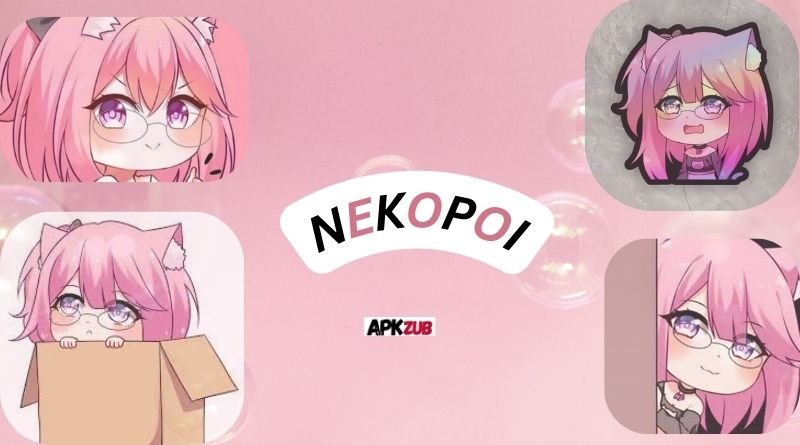
Nekopoi is a term that has gained significant attention in recent years, primarily due to its association with online anime and manga communities. The term often sparks curiosity, as it represents a niche subculture within the broader landscape of Japanese entertainment. This article aims to delve into what Nekopoi is, its cultural significance, and the controversies surrounding it, while providing a nuanced perspective for those unfamiliar with the topic.
What is Nekopoi?
Nekopoi refers to a specific platform that offers access to a variety of anime content, often focusing on adult-oriented material. This platform is popular among anime enthusiasts who are particularly drawn to genres that push creative boundaries. It caters to a global audience, with its primary focus being on Japanese animation styles that may not be easily accessible through mainstream media channels.
While Nekopoi is primarily associated with adult content, it is also a hub for discussing unique art styles, storytelling, and character designs. It provides enthusiasts with an avenue to explore aspects of anime and manga that are often sidelined in traditional markets.
Cultural Impact of Nekopoi
Nekopoi’s cultural significance lies in its ability to bridge the gap between niche Japanese content and global audiences. For many, it serves as an introduction to the diverse genres within anime and manga, encouraging a deeper appreciation of Japanese pop culture.
Additionally, platforms like Nekopoi have created communities where fans can interact, share opinions, and celebrate their shared interests. This communal aspect fosters a sense of belonging among fans who might otherwise feel isolated in their interests.
The Controversies Surrounding Nekopoi
Despite its popularity, Nekopoi has not been without controversy. One of the primary concerns revolves around its adult content and the ethical implications of distributing such material. Critics argue that platforms like Nekopoi may inadvertently expose minors to inappropriate content, leading to broader societal concerns about internet regulation and parental supervision.
Another point of contention is copyright infringement. Many of the materials hosted on Nekopoi are sourced without proper licensing, raising legal and ethical questions. The debate over intellectual property rights continues to be a significant issue for platforms operating in similar niches.
Responsible Consumption and Awareness
For those interested in exploring platforms like Nekopoi, it is essential to approach the content responsibly. Understanding the ethical and legal implications of consuming unlicensed material is crucial. Moreover, individuals should be mindful of the potential risks involved, such as exposure to inappropriate content or malware from unauthorized downloads.
The Future of Nekopoi and Similar Platforms
As the popularity of niche anime genres continues to grow, platforms like Nekopoi are likely to evolve. With increased scrutiny from legal authorities and growing awareness among users, there is potential for these platforms to adapt and operate within ethical and legal boundaries. This could include collaborations with content creators and proper licensing agreements, ensuring a sustainable model for distributing unique anime content.
Conclusion
Nekopoi is a fascinating case study in the intersection of anime culture, global fandom, and digital media. While it offers unparalleled access to specific genres of Japanese animation, it also raises critical questions about ethics, legality, and cultural consumption. By approaching platforms like Nekopoi with awareness and responsibility, fans can enjoy the rich tapestry of anime culture while respecting its creators and maintaining ethical boundaries.
READ ALSO: APKPure




